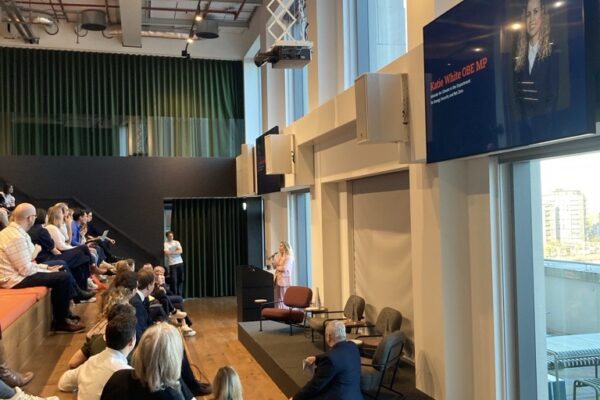FAQs on Measurement and Reporting
19 June 2023The below information is to help Ad Net Zero supporters understand our new requirements on measurement and reporting, announced in June 2023.
What is Ad Net Zero now asking of all supporters?
Ad Net Zero now requires supporters to have a public science-based Net Zero target and to measure and publicly report their emissions reduction progress annually. The only exception when it comes to reporting is for SMEs, who have the option to share with Ad Net Zero instead of publicly reporting. For new supporters, this needs to be in place within 12 months of joining.
What do we define an SME as?
We use the definition on the SBTi website. An SME is any supporter that has less than 500 employees.
What do we mean by a science-based target?
We use the definition on the SBTi website.
‘Targets are considered ‘science-based’ if they are in line with what the latest climate science deems necessary to meet the goals of the Paris Agreement – limiting global warming to well-below 2°C above pre-industrial levels and pursuing efforts to limit warming to 1.5°C.’
Thus what we want to see from all our supporters are Net Zero commitments and targets of 2050 or sooner, with interim targets set for 2030 or a similar near term date.
What targets are acceptable and in what ways can they make this commitment?
We want to make this requirement as flexible as possible for supporters, given the range of our supporter base, from global multinationals, to local SMEs. With that the case, ways to set a public target include; verification with the Science Based Target initiative. As a paid route this service offers expert validation that your target is both ambitious enough and achievable for your business. This rigorous approach may not be suitable for all supporters, particular SMEs with less resources and time. With this the case there are other, free ways to show this commitment. One such way is The Climate Pledge, committing pledgers to the goals of the Paris Agreement ten years early, with a 2040 net zero commitment. Many of Ad Net Zero’s supporters are signed up to both SBTi and TCP. Other ways include the SME climate hub which is part of the UN Race to Zero. This enables SMEs to set a 2030, 2040, or 2050 commitment. This is by no means an exhaustive list, with some supporters choosing other initiatives, and some choosing to put their public commitment on their own website.
What does this mean if you are a large organisation?
Ad Net Zero now requires supporters to have a public science-based Net Zero target and to measure and report their emissions reduction progress annually. This can be done for example using in house or external sustainability expertise.
How you make these targets public is up to you and can be done through your own website or an external platform, such as SBTi, The Climate Pledge, UN Race to Zero, to name a few.
What does this mean if you are an SME?
Ad Net Zero now requires SME supporters to have a public science-based Net Zero target and to measure and report their emissions reduction progress annually. This can be done using in house or external sustainability expertise.
How you make these targets public is up to you and can be done through your own website or an external platform, such as SBTi’s streamlined process for SMEs, The Climate Pledge, and SME Climate Hub which is part of the UN Race to Zero. When it comes to reporting, as an SME you can publicly release your progress, or if preferred share this directly with Ad Net Zero. This remains under review moving forward.
Should supporters report at global or country level?
If a country level supporter is part of a global organisation that has announced their targets at a holding group level, then that is acceptable and there is no need to double count by signing up again. Alternatively, supporters can report at country level across the board.
What role is Ad Net Zero playing in confirming the setting and reporting of targets?
Ad Net Zero requires supporters to have a public science-based Net Zero target and to measure and report their progress annually.
What is Ad Net Zero’s view on CDP?
The Carbon Disclosure Project (CDP) is a not-for-profit charity that runs the global disclosure system for investors and companies to manage their environmental impacts. The vast majority of our Global supporters submit to CDP each year and we recognise that it is an important resource that may be used by Ad Net Zero supporters as part of their reporting requirements should they choose to do so.




